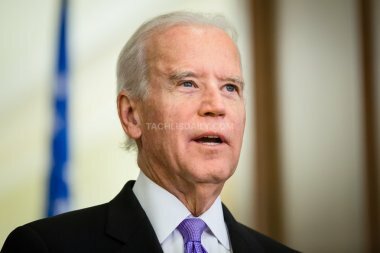In a move to address what the White House deems unfair trade practices, President Joe Biden has unveiled a series of tariffs targeting Chinese-made electric cars, solar panels, steel, and other goods. The measures, which include a 100% border tax on electric cars from China, aim to safeguard US jobs and industries.
Critics argue that the tariffs may have minimal practical effect and are largely symbolic, serving primarily as a political maneuver in an election year. Former President Donald Trump’s persistent criticisms of Biden’s support for electric vehicles and accusations that it would harm the US car industry have fueled ongoing debates.
The tariffs, expected to affect approximately $18 billion worth of imports, represent an expansion of previous tariffs imposed under the Trump administration. Despite receiving numerous comments from business owners urging their removal due to concerns about price increases for consumers, the Biden administration has opted to maintain and expand the tariffs.
White House officials assert that the tariffs are a response to harmful business practices by Beijing, including intellectual property theft. They emphasize that the measures are targeted and deny that they will exacerbate inflation, unlike the approach taken by the previous administration.
The European Union and the UK are also considering measures to restrict imports of Chinese-made electric cars, reflecting a broader trend of protectionism in the face of geopolitical tensions.











